ABOUT THE BOOK
Renowned author and National Book Award winner Dr. Charles Johnson writes that his creative work and Buddhist practice are the two activities in his life that have reinforced each otherand have anchored him. In this wide and varied collection of essays, reviews, and short stories, Johnson offers writings that passionately and compellingly illuminate how politics, race, and spiritual life intersect in our changing culture.
Throughout his long and varied creative career, Johnson has been a cartoonist and illustrator, screen- and teleplay writer, novelist, philosopher, short fiction writer, essayist, literary scholar, and professor. His work is often philosophically, politically, and spiritually oriented, and he has deeply explored racial issues in the United States, most notably in his novel Middle Passage, which won the National Book Award for Fiction in 1990. Johnson received a MacArthur Fellowship, or Genius Grant, in 1998. Taming the Ox is a wonderful reflection of what Johnson has learned during his passage through American literature, the visual arts, and the Buddhadharma.
CHARLES JOHNSON is an American scholar and the author of novels, short stories, screenplays, and essays, most of which have a philosophical orientation. Johnson has directly addressed the issues of black life in America in novels such as Dreamer and Middle Passage. Middle Passage won the U.S. National Book Award for Fiction in 1990, making Johnson the second black American male writer to receive this prize after Ralph Ellison in 1953. Johnson received a MacArthur Fellowship or Genius Grant in 1998. He is also the recipient of National Endowment for the Arts and Guggenheim Fellowships and many other prizes, such as a 2002 Academy Award in Literature from the American Academy of Arts and Letters. He was inducted into the American Academy of Arts and Sciences, and his most recent award is the 2013 Humanities Washington Award for creating and contributing for fifteen years a new, original short story to a literary event called Bedtime Stories, which since 1998 has raised a million dollars for the literacy programs of the nonprofit organization Humanities Washington.
Sign up to receive news and special offers from Shambhala Publications.

Or visit us online to sign up at shambhala.com/eshambhala.
TAMING THE OX

Buddhist Stories and Reflections on Politics, Race, Culture, and Spiritual Practice
CHARLES JOHNSON
A Work from the Johnson Construction Co.
 SHAMBHALA | Boston & London | 2014
SHAMBHALA | Boston & London | 2014
SHAMBHALA PUBLICATIONS, INC.
Horticultural Hall
300 Massachusetts Avenue
Boston, Massachusetts 02115
www.shambhala.com
2014 by Charles Johnson
All rights reserved. No part of this book may be reproduced in any form or by any means, electronic or mechanical, including photocopying, recording, or by any information storage and retrieval system, without permission in writing from the publisher.
Library of Congress Cataloging-in-Publication Data
Johnson, Charles, 1948, author.
[Works. Selections]
Taming the ox: Buddhist stories and reflections on politics, race, culture, and spiritual practice / Charles R. Johnson.
pages cm
eISBN 978-0-8348-0000-7
ISBN 978-1-61180-183-5 (paperback)
1. BuddhismSocial aspects. 2. Buddhism and politics. I. Title.
BQ4570.S6J63 2014
294.33dc23
2014008561
The Dharma and the Artists Eye: Published in International Review of African American Art, vol. 21, no. 3, fall 2007. Dharma for a Dangerous Time: Published in Shambhala Sun, September 2006. The Dharma of Social Transformation: Published in Tricycle: The Buddhist Review, winter 2006. Be Peace Embodied: Published in Shambhala Sun, July 2004. The King We Need: Teachings for a Nation in Search of Itself: Published in Shambhala Sun, January 2005. Why Buddhists Should Vote: Published in Tricycle: The Buddhist Review, fall 2000. Is Mine Bigger Than Yours?: Published in Buddhadharma, winter 2010. Why Buddhism for Black America Now?: A paper presented at West Chester Universitys Buddhist Ethics Symposium, November 19, 2010. Mindfulness and the Beloved Community: Published in Turning Wheel: Socially Engaged Buddhism, summer 2003. The Meaning of Barack Obama: Published in Shambhala Sun, November 2008. Every Twenty-Eight Hours: The Case of Trayvon Martin: Published online on the website of Tricycle: The Buddhist Review; Tricycle.com; Every 28 Hours: The Case of Trayvon Martin, blog entry by Charles Johnson, June 18, 2013. A Full-Bodied Zen: Published in Buddhadharma, winter 2004. Going Beyond Ethnic Dualism: Published in Tricycle: The Buddhist Review, summer 2001. Foreword forNixon under the Bodhi Tree and Other Works of Buddhist Fiction: Published in Nixon under the Bodhi Tree and Other Works of Buddhist Fiction, edited by Kate Wheeler, 2004. Introduction forWhy Is American Buddhism So White?: Published in Buddhadharma, winter 2011. We Think, Therefore We Are: Published in Shambhala Sun, May 2008. Prince of the Ascetics: Published in Shambhala Sun, January 2008. The Cynic: Published in Boston Review, NovemberDecember 2007. Kamadhatu, a Modern Sutra: Published in Shambhala Sun, March 2012. Welcome to Wedgwood: Published in Shambhala Sun, March 2011. Guinea Pig: Published in Boston Review, JanuaryFebruary 2011. The Weave: Published in The Iowa Review, fall 2014.
For my grandson, Emery Charles Spearman

Conquer hate with love,
Evil with good,
Meanness with generosity,
And lies with truth.
Dhammapada, chapter 17, verse 223
Contents
OF ALL THE BOOKS IVE PUBLISHED, fiction and nonfiction, the most spiritually rewarding work was Turning the Wheel: Essays on Buddhism and Writing (2003). On its pages, the two activities that have anchored my life for sixty-five years and reinforce each othercreative production and spiritual practicewere humbly offered to readers as moments that crystallized what I had learned during my passage through American literature, the visual arts, and the Buddhadharma.
But ten years have now passed since that books publication. And another decade of Buddhist-themed works have been published since the essays collected in Turning the Wheel. Other significant changes have taken place as well.
While I am a Western-educated philosopher, artist, and writer, I have to confess that Ive always felt very much at home with elements of Far Eastern cultures. Since my teens, the vision of how we should live that impressed me more than any other is captured in what some call the traditional Four Stages (or Seasons) of Life in Hindu culture. (For a strict interpretation of this, see the story Prince of the Ascetics in this volume.) In youth (spring), we are told, our job is not to play or waste time at frivolous pursuits but simply to study and acquire as many practical skills as possible. Then in young adulthood (summer) we enter the work world with its endless duties and various obligations, and we use those skills and that knowledge to serve others.
Next page
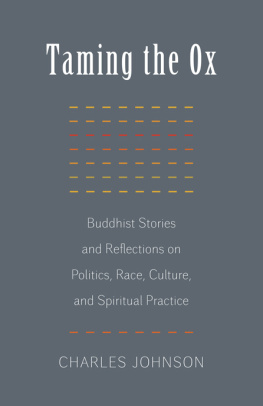

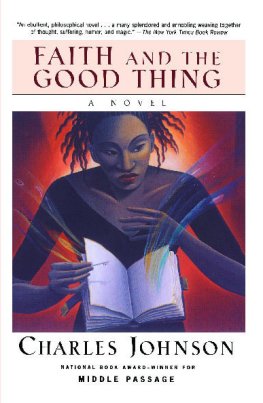
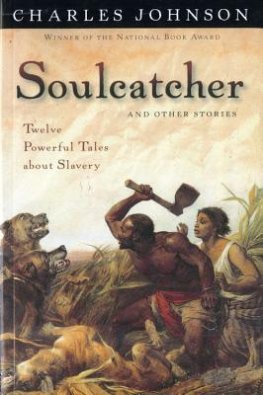
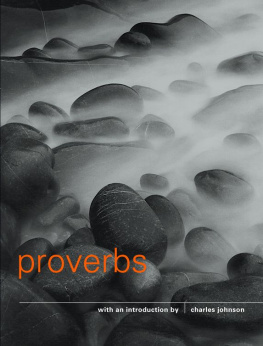
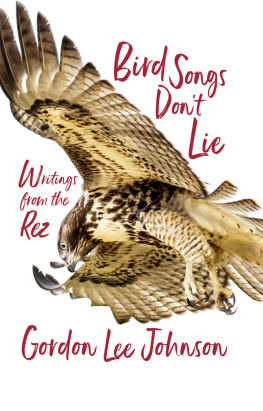
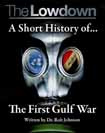


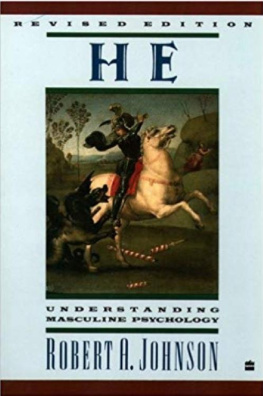
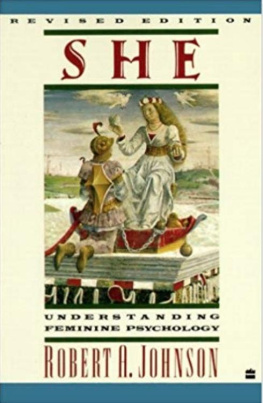
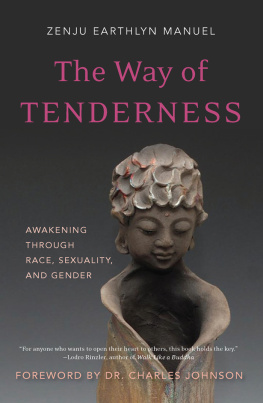


 SHAMBHALA | Boston & London | 2014
SHAMBHALA | Boston & London | 2014